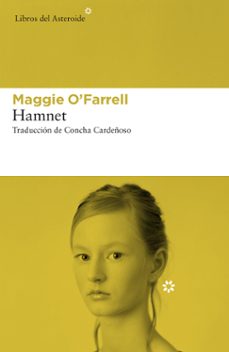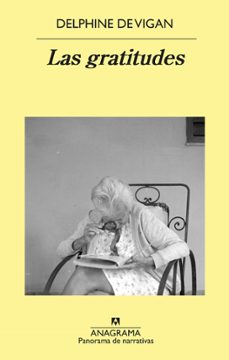THE TIME OF THE DOVES
GRAYWOLF PRESS- 9780915308750
Sinopsis de THE TIME OF THE DOVES
I''ve worked in the literature section for almost eight years, and the beauty of Powell''s is in the opportunity to discover, time and again, an author that you''ve never heard of before, one that sits on a bottom shelf close to the floor gathering dust, and to have this author''s work speak to you in such a profound way that you take it as a sign some kind of god must exist. This is how I feel about Mercé Rodoreda. She was Catalan, born in Barcelona in 1909, and lived through the Spanish Civil War, coming out on the losing side. Books in Catalan were burned, and the language was not allowed to be spoken. Set in wartime Spain, The Time of the Doves is the simple story of a young shop girl who struggles just to live and seeks to establish her identity amidst the cruelties of a country at war. Rodoreda''s style of writing is stream of consciousness, words on top of words, and the effect is hypnotic. Her prose is sensual, though not at all in a flowery way; rather, there''s a firmness and physicality in her language which beautifully illuminates the ordinary through the graceful, almost childlike, openness of the narrator. I recommend reading this book in one sitting if you have the chance. May it linger in you as it did in me.
Ficha técnica
Traductor: David Rosenthal
Editorial: Graywolf Press
ISBN: 9780915308750
Número de páginas: 208
Encuadernación: Tapa blanda
Fecha de lanzamiento: 01/01/1986
Año de edición: 1986
Plaza de edición: Eeuu
Especificaciones del producto
Escrito por Mercè Rodoreda

Mercè Rodoreda (10 d’octubre de 1908 - 13 d’abril de 1983), autora de conegudes novel·les com "La plaça del Diamant" (1962) o "Mirall trencat" (1974), començà la seva activitat literària col·laborant en revistes i diaris ("Mirador", "La Publicitat", "La Rambla", etc.). Aquesta producció periodística, com quatre de les seves cinc primeres novel·les ("Aloma" n'és l'excepció), quedà oblidada. Passada la Guerra Civil, hagué d'exiliar-se a París i altres localitats franceses. El 1954 es traslladà a viure a Ginebra, on redactà "Jardí vora el mar", "La plaça del Diamant" i "La mort i la primavera". Arran de la mort de la seva parella, Armand Obiols, tornà a Catalunya i s'instal·là a Romanyà de la Selva, on acabà "Mirall trencat" (1974), a la qual seguiren "Semblava de seda i altres contes" (1978), "Tots els contes" (1979), "Viatges i flors" (1980) i "Quanta, quanta guerra..." (1980).
Descubre más sobre Mercè Rodoreda Recibe novedades de Mercè Rodoreda directamente en tu email
Opiniones sobre THE TIME OF THE DOVES
¡Sólo por opinar entras en el sorteo mensual de tres tarjetas regalo valoradas en 20€*!






























